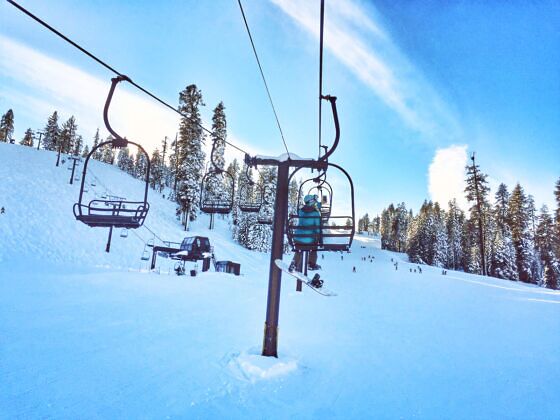I’m a dirtbag ski bum. After growing up in ski towns, obtaining a ski industry degree, experiencing winters around the world, and working almost every kind of resort job offered, I have often struggled to survive on a budget. I’ve learned a few tricks along the way, here are some of my sure-fire tips for surviving the snow season on a budget.
1. Get trail advice from restaurant staff.
In most slopeside restaurants, some of the best skiers on the mountain are serving your drinks and food. Bring your ski map to lunch and get pointed to the best areas you won’t get shown in the ticket office. Getting off the grid and away from popularized slopes will save you major bucks.
